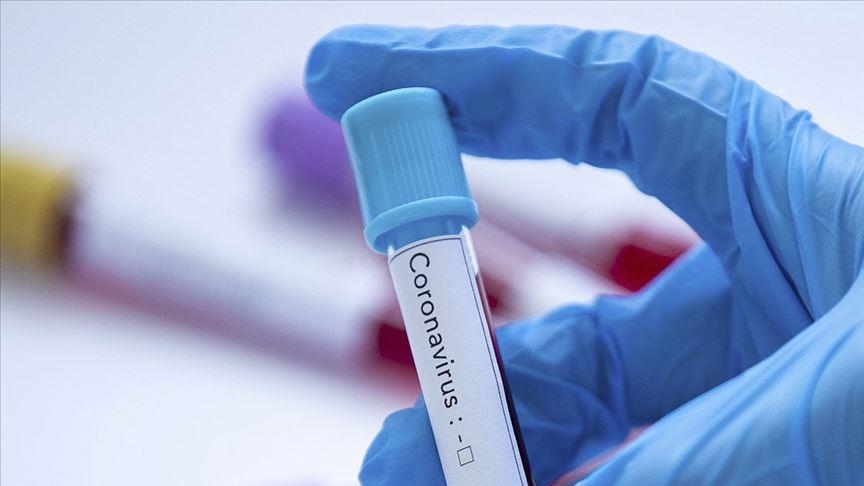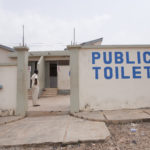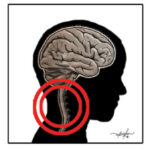The second wave of the COVID-19 pandemic, which is said to be a deadlier and more virulent strain of the virus is now here with us and is already claiming major casualties.
Recent epidemiology records confirm that Nigeria is now facing a rise in confirmed COVID-19 cases nationwide, which is similar to the second wave of infections occurring in other countries across the world. In particular, Lagos, Kaduna and FCT have emerged as the new epicenters during this period, with over 70 percent of all confirmed cases.
- Buhari okays 6-month jail for COVID-19 protocols’ violators
- I foresee more trouble for poultry sector – Animal College provost
Chief among the factors fuelling the resurgence in the coronavirus pandemic, according to health experts as well as the Presidential Task Force on COVID-19 (PTF), is the activities and assumptions that the virus does not pose a serious threat to our youthful population, leading to an increase in the infection rate among young people, who are subsequently infecting older and more vulnerable family members.
And here lies the major challenge for a country already wiggling in the throes of an economic downturn, exacerbated mainly by the impact of the pandemic on global economies.
Nigeria’s robust youthful population has always been viewed as an asset, but with the country being the most populous country in Africa with one of the largest populations of youth in the world and the myth about youth not getting infected by the virus now disproved, it (youth population) may well become a burden.
Nigerian youth well known for their hyperactivity in this particular instance is a major cause for concern. Social demographics show that Nigerian towns and cities are heavily populated by the youth and if they can be susceptible to infection from the virus, then they have a responsibility to save themselves, their elderly relatives, mostly and the country at large.
They (youth) have a higher mobility rate than any other strata of the population and if they can be infected, as they move from one place to another, the chance of infecting others is higher, thereby compounding the already dire health and economic situation the country has found itself in.
It is against this backdrop that the youths are being encouraged to take personal responsibility to halt the spread of the virus and mitigate the negative consequences that another national lockdown could have on lives and livelihoods as was seen during the last time out.
Adhering to COVID-19 preventive measures has become more imperative now, more than ever, if the vulnerability of the youth to the virus is to be stemmed and not allowed to plunge the country into a quagmire of health and economic proportions.
Danladi Akilu sent this piece from Abuja

 Join Daily Trust WhatsApp Community For Quick Access To News and Happenings Around You.
Join Daily Trust WhatsApp Community For Quick Access To News and Happenings Around You.

